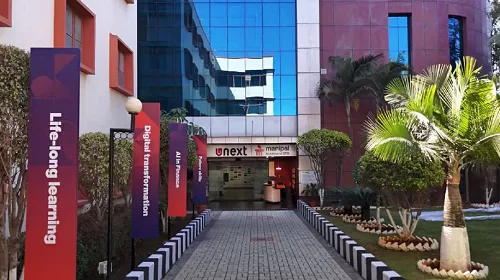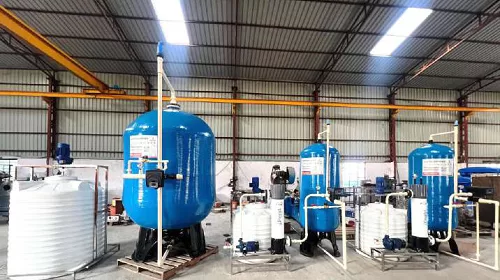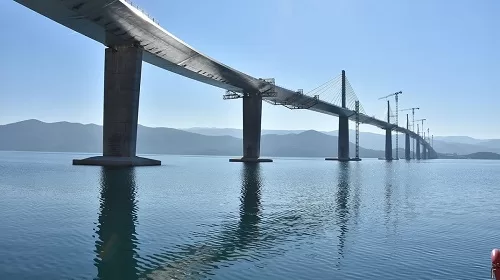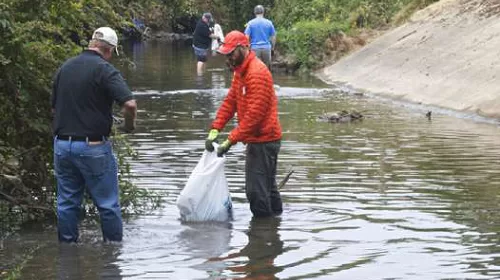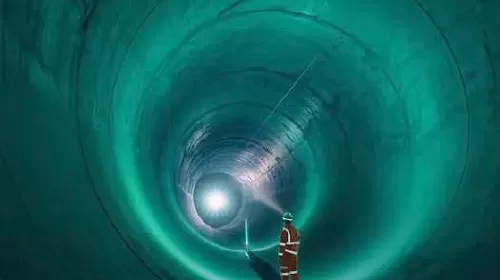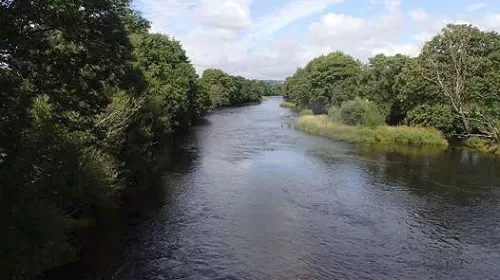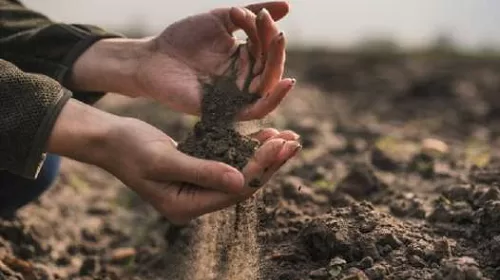Water sustainability is a critical challenge in today’s world, particularly for large institutions with extensive infrastructure and high consumption rates. In this context, technology has emerged as a game-changer, enabling smarter and more efficient water management practices. SpaceBasic, Asia’s largest B2B SaaS AI-powered platform, is at the forefront of this revolution, empowering universities across Southeast Asia to achieve remarkable cost savings and operational efficiency. This case study explores how SpaceBasic’s technology has transformed water management at Unext – Manipal Academy of BFSI, setting a benchmark for campus sustainability. While the…
Read MoreMonth: April 2025
Sustainable Industrial Wastewater Management
India’s rapid population growth and urbanization have significantly increased consumption patterns, leading to rapid industrialization. This industrial expansion has driven economic growth, job creation, and infrastructure development, positioning India as a global manufacturing and economic hub. However, it has also led to a sharp rise in industrial wastewater generation, posing a severe threat to India’s already stressed water resources. India is home to nearly 18% of the global population but has access to only 4% of the world’s freshwater resources, making it one of the most water-stressed nations. With per…
Read MoreCortec® MCI® Unveils Updated Branding for a More Versatile and Modern Identity
Cortec ® is excited to announce a refreshed brand identity for its MCI® (Migrating Corrosion Inhibitor™) product line, modernizing its visual presentation while maintaining the core elements that have made MCI ® a trusted name in corrosion protection for over 30 years. Preserving What Matters: “From Grey to Green™” At its core, the MCI ® brand remains committed to its mission: extending the service life of concrete structures while offering an environmentally responsible alternative to traditional corrosion inhibitors. The familiar “From Grey to Green™” tagline continues to represent MCI’s dual…
Read MoreHow Can We Help Our Rivers? New Study Shows Problems And Opportunities In The Protection Of River Biodiversity
An international research team led by Senckenberg scientist Prof. Dr. Peter Haase has evaluated global biodiversity protection measures in rivers. Their study in “Nature Reviews Biodiversity” reveals that many protection and renaturation efforts achieve only limited success. Sustainable protection of river ecosystems requires holistic, transnational measures involving various social groups. Rivers are vital planetary lifelines that have attracted human settlement for thousands of years, providing drinking water, energy, food, transportation, and recreation. However, human activities have significantly damaged biodiversity in about 50% of the world’s rivers. Affected areas include densely…
Read MoreIn Real-Time Sewer Control, We Trust
The importance of building trust in real-time sewer control systems networks was recently explored in a World Water-Tech roundtable hosted by Chengzi Chew of Grundfos FutureLab. The topic of the roundtable at World Water-Tech was – Overcoming trust issues: What does it take to adopt real-time control systems for sewer networks? Trust must be built among multiple stakeholders. Regulators need assurance about automated systems controlling networks, while better control can help water companies regain customer trust. For operators, real-time control systems function like airplane autopilot—they enhance capabilities but still require…
Read MoreLondon’s Super Sewer Now Fully Connected – Promising A Greener, Healthier River Thames
Tideway has successfully activated London’s new super sewer after ten years of construction. The final connection between the Victorian sewers and the 25km Thames Tideway Tunnel has been completed, bringing the entire system online. The new infrastructure will prevent 95% of sewage spills into the tidal Thames, addressing challenges from population growth and climate change. Connections have been made at key locations including Putney Embankment, Chelsea and Victoria Embankments, Blackfriars Bridge, and King Edward Memorial Park. Already, 5,500,000m³ of sewage has been captured, with significant amounts during storm events –…
Read MoreUK And Welsh Government Unite In £1m Fund To Transform River Wye
The Welsh and UK Government have announced a new £1 million joint research initiative to tackle water quality issues in the River Wye. The Welsh Deputy First Minister, Huw Irranca-Davies, and UK Government’s Water Minister, Emma Hardy, made the announcement during a roundtable meeting in Monmouth with key stakeholders from both sides of the border. The comprehensive cross-border research programme will Local farmers, environmental groups, and citizen scientists will play a crucial role in gathering evidence and shaping the research priorities. The programme will work closely with established organisations including…
Read MoreClean Water Initiatives: Reducing Carbon While Improving Lives
Access to clean drinking water is essential for health and well-being, but these initiatives also play a significant role in reducing carbon emissions. In Uganda, where over 21 million people lack clean water access, many resort to boiling water using firewood, contributing to deforestation and greenhouse gas emissions. TASC has distributed 30,000 ceramic SPOUTS Purifaaya water filters to households in Western Uganda, providing safe drinking water without boiling. These locally-made filters can reduce each household’s CO2 emissions by up to three tonnes annually. The project is certified by Gold Standard,…
Read MoreNew Water Quality Data Sheds Light On Health Of Rivers In Wales
Natural Resources Wales (NRW) has published new data showing modest improvements in phosphorus levels in Welsh Special Area of Conservation (SAC) rivers, with 50% of waterbodies now meeting targets compared to 39% in 2021. Of the 122 assessed water bodies, 17 improved to passing status while 5 fell out of compliance. Despite these improvements, the number of whole SAC river catchments with non-compliances has increased from five to seven, with the Afon Gwyrfai and Afon Eden rivers now each having one failing water body. This means development restrictions will be…
Read MoreNew Study Finds 1,450% Increase In Microplastic Levels Within Soil After Four Years Of Sewage Sludge Application
A new study by The James Hutton Institute has revealed an increase of up to 1,450% in the level of microplastics found within soil samples after just four years of sewage sludge application. The study, which was carried out in collaboration with Robert Gordon University (RGU), also found that the number of microplastics in the soil remained relatively unchanged 22 years after application. Researchers drew their conclusions by looking at soil samples from a field in Hartwood, North Lanarkshire, which was included in a UKwide sewage sludge experiment between 1994…
Read More

